
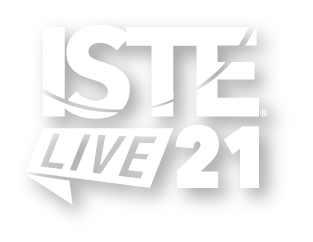
Global Community Gardens: Fighting Hunger |
Participate and share : Poster
Samuel Guerrero Renata Gálvez Thomas L Andrea S Anne LeBlanc Diego Andrés Vela LeAnn Simmerman Pedro Delgado
Great solutions come from many places. Computational thinking allows students to tackle problems in a unique way, even when it comes to bigger problems such as global hunger. In this project, students collaborated globally to understand what variables needed to be considered to design gardens that can help communities thrive.
| Audience: | Teachers, Principals/head teachers |
| Skill level: | Beginner |
| Attendee devices: | Devices useful |
| Attendee device specification: | Smartphone: Android, iOS, Windows Laptop: Chromebook, Mac, PC Tablet: Android, iOS, Windows |
| Participant accounts, software and other materials: | Any smart phone or gadget that has an active internet connection and allows them to access Flipgrid, Google Suite, and allows them to scan QR codes to download material and guides from Google Drive. |
| Topic: | Global collaboration |
| Grade level: | 6-8 |
| Subject area: | Science, STEM/STEAM |
| ISTE Standards: | For Coaches: Digital Age Learning Environments
|
| Additional detail: | Student presentation |
| Disclosure: | The submitter of this session has been supported by a company whose product is being included in the session |
This presentation will allow educators to see computational thinking in action and provide them with digital resources that will allow them to replicate our global collaboration or innovate and create a project of their own.
Some digital resources the attendees will learn about are: Google Suite automation, Flipgrid, Breakout Edu, IMFIS computational thinking resources, Padlet, among others.
Some other topics attendess will learn about: agricultural sustainability, hydroponics, vertical gardening, among others.
Randles, J. (2018) 5 ways students benefit from global collaboration. International Society for Technology in Education. Retrieved from https://www.iste.org/explore/Personalized-learning/5-ways-students-benefit-from-global-collaboration
Reed, J. (2007). Global Collaboration and Learning: How to create a world of success without leaving your classroom. EdTech Magazine. Retrieved from https://edtechmagazine.com/k12/article/2007/09/global-collaboration-and-learning
Snalune, P. (2015). The benefits of computational thinking. British Computer Society. Retrieved from https://www.bcs.org/content-hub/the-benefits-of-computational-thinking/
Flachs, A. (2010). Food For Thought: The Social Impact of Community Gardens in the Greater Cleveland Area. Electronic Green Journal, 30. Retrieved from https://escholarship.org/uc/item/6bh7j4z4
Voicu, I. and Been, V. (2008), The Effect of Community Gardens on Neighboring Property Values. Real Estate Economics, 36: 241-283. doi:10.1111/j.1540-6229.2008.00213.x
Gorham, M.R., Waliczek, T.M., Snelgrove, A., & Zajicek, J.M. (2009). The Impact of Community Gardens on Numbers of Property Crimes in Urban Houston, HortTechnology hortte, 19(2), 291-296. Retrieved from https://journals.ashs.org/horttech/view/journals/horttech/19/2/article-p291.xml
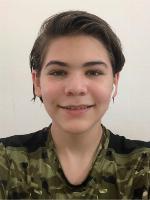
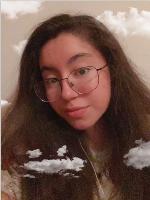

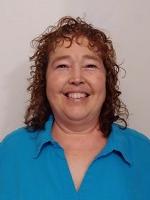
Anne LeBlanc is a Canadian classroom teacher who has joyfully taught at the grade 4-6 level for 33 years, including 18 years of French Immersion. In September 2017, she jumped into integrating technology across the curriculum. She wants to prepare her students to work with others around the world. She does this by involving them in the Global Read Aloud, the Global Write and Global Collaborations with Ignite My Future. She has presented sessions provincially and internationally.
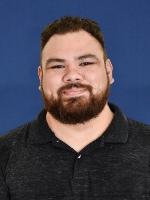

LeAnn Simmerman is a Special Education teacher specializing in K-12 Gifted Education. She is currently serving as Co-President of the Tennessee Association for the Gifted. LeAnn serves as a PBL/STEM coach. She is passionate about technology integration with purpose, implementation of STEM strategies and developing engaging PBL opportunities. Recently, LeAnn has dedicated time and focus on integrating SEL support in content areas that would strengthen self-awareness and global connectedness of students. LeAnn has presented locally as well as on national and international platforms.
